This is a demo store. No orders will be fulfilled.
2025 KRAS Targeted Drug Progress

Product Manager: Harrison Michael
In the field of cancer research, the KRAS gene has always occupied an important and unique position. For many years, due to its complex structure and functional characteristics, KRAS has been regarded as an "undruggable" target. However, with the continuous progress of scientific research technology, targeted therapy for KRAS has achieved breakthrough progress. The 2025 American Association for Cancer Research (AACR) annual meeting was like an academic feast, which concentrated on displaying the latest achievements in the field of KRAS targeted drug research and development. Many innovative drugs have emerged, bringing new hope to cancer patients.
I. Challenges and Breakthrough Directions of Approved KRAS G12C Inhibitors
In 2021, sotorasib was successfully approved, becoming the world's first KRAS inhibitor for the treatment of non-small cell lung cancer (NSCLC) with KRAS G12C mutations. Subsequently, in 2022, adagrasib was also approved for the same indication. The advent of these two drugs undoubtedly ushered in a new era of KRAS targeted therapy. However, in clinical applications, they have revealed a severe issue - drug resistance. Most patients who respond to these two drugs will eventually experience disease recurrence due to acquired resistance. Therefore, in-depth exploration of primary and acquired resistance mechanisms and the development of combination therapies that can enhance and prolong the clinical efficacy of G12C inhibitors and even all RAS inhibitors have become major challenges that need to be urgently addressed in this field.
II. Major New Drug Advances Announced at the 2025 AACR
(i) Novel Inhibitors for Different KRAS Mutation Subtypes
1. Zoldonrasib (RMC-9805): Zoldonrasib from Revolution Medicines is a highly promising selective inhibitor of KRAS G12D. In Phase I clinical trials, it demonstrated remarkable efficacy. In patients with recurrent NSCLC who received a daily dose of 1200mg, the objective response rate (ORR) was as high as 61%, and the disease control rate (DCR) reached 89%, with a median time to response of only 1.4 months. Moreover, data presented at the 2025 Global Gastrointestinal Cancer Symposium showed that in patients with KRAS G12D-mutated pancreatic ductal adenocarcinoma (PDAC), the overall response rate was 30%, the disease control rate was 80%, 86% of patients experienced a decrease of more than 50% in the variant allele frequency (VAF) of KRAS G12D mutations in circulating tumor DNA (ctDNA), and 39% of patients achieved a 100% decrease. Its mechanism of action is to act as a molecular glue, promoting the formation of a non-covalent ligand-mediated protein-protein interaction between cyclophilin A and RAS bound to GTP, followed by covalent modification of the mutated aspartic acid 12 residue, thereby achieving selective inhibition of wild-type RAS.

Figure 1: Zoldonrasib, Cas No: 2922732-54-3
2. RMC-5127: Also developed by Revolution Medicines, RMC-5127 is an orally active, brain-penetrant, mutation-selective trimeric complex inhibitor targeting KRAS G12V. It first non-covalently binds with cyclophilin A (CypA) to form a binary complex, then binds with RASG12V (ON), forming a high-affinity trimeric complex that effectively inhibits the binding of RAS with other proteins from a steric hindrance perspective. In KRASG12V-mutant cancer cells, RMC-5127 can significantly inhibit the RAS pathway, reduce the cell proliferation rate, and induce apoptosis, providing new possibilities for the treatment of RAS-mutant cancers such as non-small cell lung cancer.
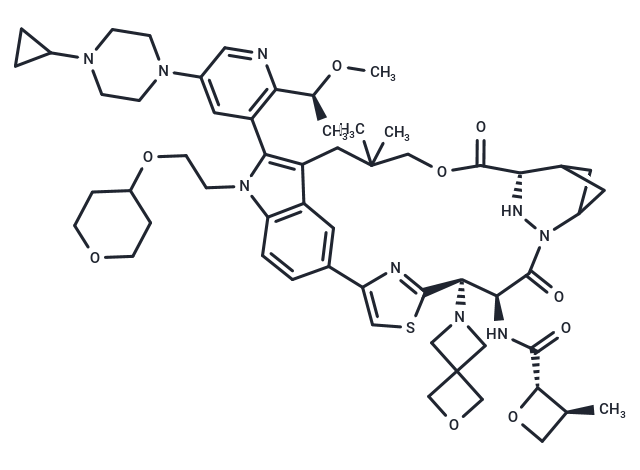
Figure2: RMC-5127
3. AMG410: AMG410 from Amgen is a rising star in the field of pan-KRAS inhibitors. It is a non-covalent selective pan-KRAS inhibitor that shows strong inhibitory activity against various mutants such as KRAS G12D, KRAS G12V, and KRAS G13D, with IC50 values as low as 1-4 nM and more than 100-fold selectivity over HRAS and NRAS. It is worth mentioning that AMG410 can act on both the GTP (active) and GDP (inactive) states of KRAS, making it a dual inhibitor (Kd value for the GDP state is 1nM; Kd value for the GTP state is 22 nM). This unique mode of action allows it to effectively block KRAS signaling and inhibit the proliferation of tumor cells with wild-type KRAS amplification, showing broad application prospects in the study of various cancers such as colorectal cancer, pancreatic cancer, and lung cancer.

4. AZD0022: AZD0022 from AstraZeneca is a selective oral KRAS G12D inhibitor. In November 2023, AstraZeneca reached a licensing agreement with Yousen Jianheng, obtaining the global exclusive license for the preclinical small molecule candidate drug UA022 targeting KRAS G12D mutations, and AZD0022 is likely to come from this. This mutation can be detected in approximately 34% of pancreatic ductal adenocarcinomas, 12% of colorectal cancers, 4% of non-small cell lung cancers, and various other cancers. Currently, AZD0022 has entered the international Phase I/II clinical trial stage. In the GP2D xenograft model, it can effectively inhibit the KRAS pathway, bringing new treatment hope for patients with advanced solid tumors with KRAS G12D mutations.
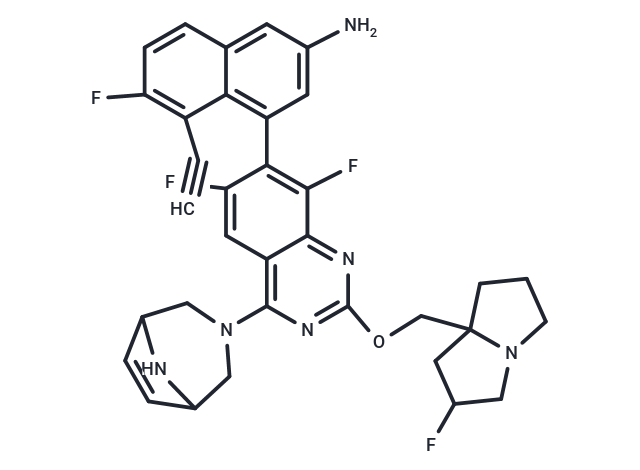
Figure 4: AZD0022, Cas No: 2958627-18-2
(ii) New Generation of KRAS G12C Inhibitor
1. Divarasib (GDC-6036): Developed by Genentech, Divarasib is an orally bioavailable selective KRAS G12C inhibitor with an IC50 of less than 0.01 μM. It can covalently bind to the switch II (SW-II) pocket of KRAS G12C, irreversibly locking KRAS G12C in the inactive GDP-bound state. In preclinical models, it has shown certain inhibitory potential against resistant mutations.
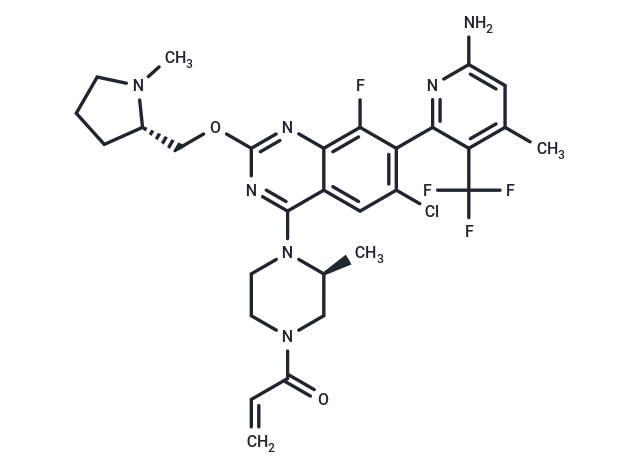
Figure 5: Divarasib, Cas No: 2417987-45-0
2. Garsorasib: Developed by InventisBio, Garsorasib is a covalent KRAS G12C inhibitor with an IC50 value of 10nM. It has shown potential in the study of various cancers, including pancreatic cancer, endometrial cancer, colorectal cancer, and lung cancer (non-small cell lung cancer). Research has found that when Garsorasib is used in combination with PD-1 inhibitors, it can significantly enhance the efficacy of PD-1 inhibitors in lung cancer mouse models, providing new ideas for cancer combination therapy.
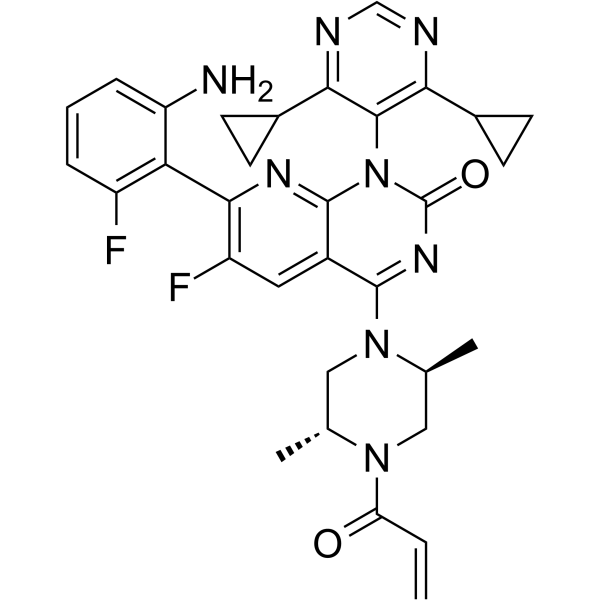
Figure 6: Garsorasib, Cas No: 2559761-14-5
3. MK-1084: Merck's MK-1084 is a covalent inhibitor of KRAS G12C, currently in Phase I clinical trials (NCT05067283). It has anti-cancer activity and can be used either alone or in combination with pembrolizumab for cancer research, providing more therapeutic options for the treatment of KRAS G12C mutant cancers.
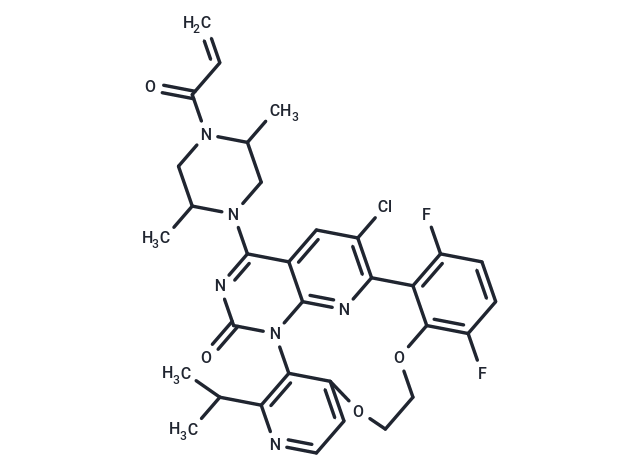
Figure 7: MK-1084, Cas No: 2641216-67-1
4. Opnurasib (JDQ-443, NVP-JDQ443): Opnurasib from NVS is an orally effective and selective covalent KRAS G12C inhibitor with clear anti-tumor activity.
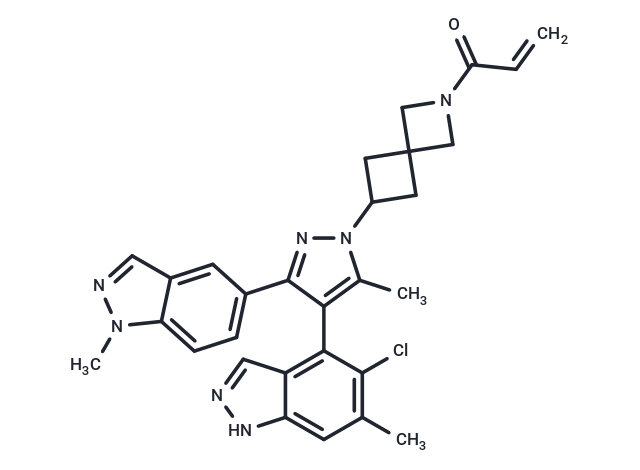
Figure 8:Opnurasib, Cas No: 2653994-08-0
5. Elironrasib (RMC-6291): Elironrasib from RevMed is an orally effective covalent inhibitor of KRAS G12C (ON). It can promote the formation of a trimeric complex between KRAS G12C (ON) and cyclophilin A (CypA) within tumor cells, blocking the signaling of KRAS G12C (ON) by spatially inhibiting the binding of RAS effectors. In experiments, Elironrasib can effectively inhibit the ERK signaling pathway, induce apoptosis in KRAS G12C mutant H358 cells, and inhibit the proliferation of KRAS G12C mutant cells, with a median IC50 of 0.11 nM.
Figure 9:Elironrasib, Cas No: 2641998-63-0
(iii) Non-Covalent and Degradation Agent Innovations
1. MRTX0902: MRTX0902 from Mirati is a brain-penetrant, orally effective SOS1 inhibitor with an IC50 of 46 nM. Its mechanism of action is different from traditional KRAS inhibitors, providing a new direction for the inhibition of KRAS-related signaling pathways.
Figure 10: MRTX0902, Cas No: 2654743-22-1
2. MRTX1133: Also developed by Mirati, MRTX1133 is a non-covalent, potent, and selective alkyne KRAS G12D inhibitor. It can optimally fill the switch II pocket of KRAS G12D and extend three substituents to interact well with the protein, with a KD value for KRAS G12D as low as 0.2 pM. MRTX1133 effectively inhibits mutant KRAS-dependent signal transduction by preventing SOS1-catalyzed nucleotide exchange and the formation of KRAS G12D/GTP/RAF1 complexes. In cell experiments, MRTX1133 shows single-digit nanomolar activity and significant in vivo efficacy in tumor models with KRAS G12D mutations, selectively inhibiting KRAS G12D mutant tumor cells while having no significant effect on wild-type KRAS cells.
Figure 11: MRTX1133, Cas No: 2621928-55-8
3. ASP3082: ASP3082 from Astellas is an oral KRAS G12D degrader that can specifically degrade KRAS G12D protein, mainly used for the treatment of KRAS G12D-driven non-small cell lung cancer (NSCLC) and other solid tumors. Although this drug may face the risk of discontinuation, its innovative concept of "degradation instead of inhibition" provides a completely new strategy for solving the resistance problem of KRAS G12D mutation-related cancers.
Figure 12: ASP3082
4. Luna18: Luna18 from Chugai is an oral cyclic peptide KRAS and ERK inhibitor. In cancer cells with RAS mutations, Luna18 can phosphorylate ERK and AKT, effectively reducing the cell proliferation rate. In mouse xenograft models, it demonstrates durable RAS signal inhibition and strong anti-cancer activity by inhibiting the interaction between RAS and guanine nucleotide exchange factors (GEFs). Studies have shown that Luna18 has significant cell efficacy against various cell lines with KRAS gene alterations, such as colorectal cancer, gastric cancer, non-small cell lung cancer, and pancreatic cancer.
Figure 13: Luna18, Cas No: 2676177-63-0
5. RMC-6236: RMC-6236 from RevMed is an orally active non-covalent RAS (ON) inhibitor. It can disrupt the interaction between wild-type or mutant RAS proteins and the RAS-binding domain of BRAF, with EC50 values ranging from 28 to 220 nM for wild-type KRAS, NRAS, HRAS, and various oncogenic RAS variants. In experiments, RMC-6236 can effectively inhibit pERK and show clear anti-tumor activity against KRAS-mutant tumors.
Figure 14: RMC-6236, Cas No: 2765081-21-6
6. FMC-376: FMC-376 from Frontier Medicines is a KRAS G12C inhibitor. In mouse models of non-small cell lung cancer and colorectal cancer, FMC-376 can significantly reduce the size of tumors. Notably, when FMC-376 is used in combination with PD-1 inhibitors, it can further enhance the efficacy of PD-1 inhibitors in lung cancer mouse models, providing strong experimental evidence for the optimization of cancer combination therapy regimens.
7. LY3962673, LY3537982, LY4066434: Eli Lilly is actively involved in KRAS targeted drug research and development. LY3962673 is a KRAS G12D inhibitor developed by the company, LY3537982 is a KRAS G12C inhibitor, and LY4066434 is a pan-RAS inhibitor. These three drugs target KRAS-related targets from different angles, providing diversified therapeutic options for KRAS-mutant cancers and reflecting Eli Lilly's comprehensive and in-depth research and development strategy in this field.
8. BI 3706674: BI 3706674 from BI is a pan-RAS inhibitor. It can inhibit multiple RAS-related signaling pathways and is expected to provide effective treatment options for cancer patients with different RAS mutations. Its specific clinical efficacy and application prospects still need to be further verified through clinical trials.
9. BBO-8520: BBO-8520 from BBOT is a direct small molecule covalent inhibitor targeting KRAS G12C with high oral bioavailability. It has both KRAS G12C (OFF) inhibitory properties and the ability to block KRAS G12C (ON) signaling. BBO-8520 interacts with GTP-bound proteins to inhibit KRAS G12C (ON), thereby inhibiting cell proliferation. In addition, it can rapidly and completely block the RAS-RAF1 interaction, returning KRAS G12C to the inactive (OFF) state, providing a unique dual-action mechanism drug for the treatment of KRAS G12C mutant cancers.
Figure 15: BBO-8520, Cas No: 2893809-51-1
Appendix: Overview of Key Drug Development Pipelines
|
Aladdin:https://www.aladdinsci.com/







